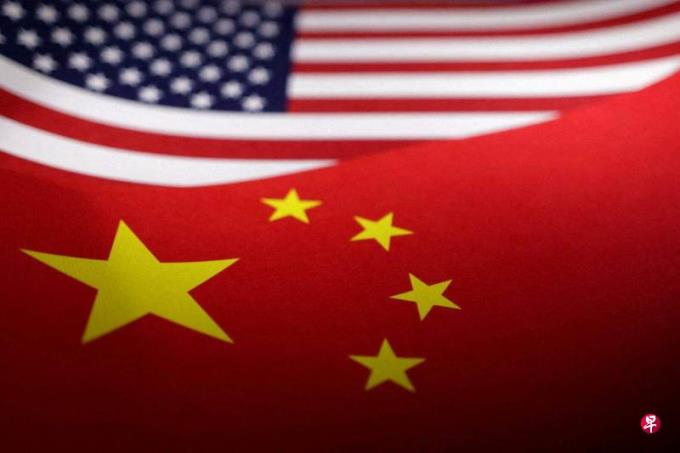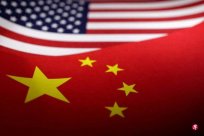
The regional security assessment report of the Institute of International Strategy states that regional tensions have intensified in recent years, and the United States and China have significantly increased military exercises in Asia, but China's exercises are still behind the United States in terms of scale and complexity.
In the 2024 Asia -Pacific Safety Evaluation, it was learned that the Asian military exercises from 2003 to 2022 learned that in the past 20 years, the United States and Asian countries held 1113 exercises, while China held only 128 exercises.
However, the report said that the exercise is expanding faster and faster, partly because the United States and China are trying to test their military strength and strengthen strategic diplomacy.
Thereport pointed out that the U.S. military may eventually lose its advantages in China in the Asia -Pacific region. It also pointed out that the challenges in China are lack of combat experience, and the exercise is "not perfect enough, and excessive scripts for regional emergencies."
The report said: "The United States will seek to maintain its leading position through a large number of military exercises with almost all regional countries ... China will reduce the gap by deepening the exercise relationship with a few regional partners."
The British Institute of Strategy (IISS) released the above evaluation report during the 21st Shangri -La dialogue on Friday (May 31).
Editor Evan Laksmana's Q & A session in the press conference, on the gap between China and the United States in the Asia -Pacific region, although China is far behind the United States in this regard, the number of exercises is not to measure China ’s combat reserve.The main criteria for status.
He analyzed that under what circumstances, the exercise may have an impact on the regional situation.For example, military exercises other than regular exercises often cause chaos or exacerbate tensions due to factors such as exercises and time points.Multilateral exercises are tricky because it will send a signal of trust and has a wider strategic intention.
"Which multilateral exercise do you participate in, the political meaning of being included or excluded, often becomes a signal of whether the situation is upgraded ... This is also a manifestation of trust."
The conflict between the European Middle East is decentralized to the United States' attention to the Asia -Pacific region
In addition, the report pointed out that China and the United States continued to compete in the Asia -Pacific region to expand their influence, but conflicts that occurred in Europe and the Middle East dispersed the attention of the United States.
TheReport mentioned that "toughness against China" has become the main theme of the United States to cross the party. Whether it is a trade war, tariffs or technical control, Democratic President Biden expanded and improved the practice of former Republican president Trump.
The report also said that China's coercion in economic, military and security issues disturb regional countries, but they still need to rely on Beijing's economic strength to achieve their economic prosperity.In addition to being optimistic about China's economic prospects, how to deal with China's coercion is a issue that many decision makers are always concerned.
On the other hand, whether India, which is rising can become another option of countries outside China and the United States, has attracted much attention.
IISS South Asia and Central Asia National Defense, Strategy and Diplomacy Researcher Viraj Solanki said at the press conference: "India still faces some constraints in budget and ability, which limits India's ability to become a global country."
He pointed out that the Sino -Indian border conflict that occurred in 2020 led to the increasingly fierce competition relationship between China and India.
China is the main strategic challenges of India's current and long -term and long -term main strategic challenges. India is strengthening diplomatic relations and defense relations with countries in various regions to contrary to China's regional influence.India especially values the defense and security relationship between the main partners in the Indian and Persian Gulf areas.




